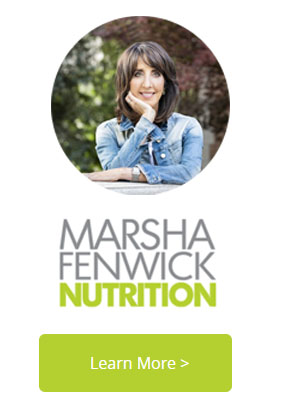Cancer risk increases with alcohol consumption
According to a study published in The Lancet Oncology, alcohol consumption was linked to at least 741,300 new cases, or 4% of the total new global cases of the following cancers:
- Esophageal cancer;
- Liver cancer;
- Breast cancer;
- Mouth cancer;
- Larynx cancer;
- Colon cancer;
- Rectal cancer.
It was also found that cancer risk increased with the amount of alcohol consumed by an individual. It may be surprising to some that moderate drinking (two or fewer alcoholic drinks per day) accounted for an estimated 14% of alcohol-related cancers. 1
How alcohol may affect cancer risk
According to the study, alcohol may contribute to cancer risk via several mechanisms.
For instance, ethanol—which is the form of alcohol in beer, wine, and liquor—breaks down into acetaldehyde, which is a known carcinogen. Acetaldehyde can also act as “a solvent for other carcinogenic agents including those found in tobacco,” the researchers wrote, meaning those who both smoke and drink alcohol are at an even greater risk of cancer.
Additionally, alcohol can increase hormone levels, leading to increased cell division and more opportunities for cancers to develop. Alcohol also reduces the body’s ability to absorb nutrients that can protect against cancer, including folate and vitamins A, C, D, and E. 3
The good news…
Cutting your consumption of alcohol can reduce this risk and lead to overall healthy changes and other benefits including:
- better sleep;
- increased energy;
- better productivity;
- clearer thinking / focus;
- feeling less bloated;
- clearer skin;
- more manageable anxiety;
- weight loss;
- a sense of achievement;
- saving money.
Tips on cutting down on alcohol consumption
For tips on cutting down on alcohol use, visit the Canadian Cancer Society’s Dry Feb website or contact me at marsha@marshafenwicknutrition.com.
View some refreshing non-alcoholic drink recipe ideas here.
Chemicals linked to cancer, nervous system harm and immune system harm may be lurking in your pantry! Download EWG’s Guide to Food Additives here.
References:
1, 3 “Global burden of cancer in 2020 attributable to alcohol consumption”, The Lancet Oncology, Retrieved 17 January, 2022. <https://www.thelancet.com/journals/lanonc/article/PIIS1470-2045(21)00279-5/fulltext#seccestitle10>.
2 “Go Dry this February” Dry Feb, Retrieved 17 January, 2022. <https://www.dryfeb.ca/Canadian Cancer Society>
Marsha Fenwick, C.N.P. R.R.T.
Marsha is not your typical nutritionist. She began her career 20 years ago as a Registered Respiratory Therapist. Later, she earned her certifications as a Registered Nutritional Consultant Practitioner, Certified Nutritional Practitioner, and Registered Orthomolecular Health Practitioner. Marsha is also a Certified Cancer Coach. Her clinical practice specializes in: sustainable healthy weight loss, digestive health, women's hormones, diabetes, heart health, and cancer prevention and recovery. For more information and to book a FREE 15 minute consultation go to www.marshafenwicknutrition.com







